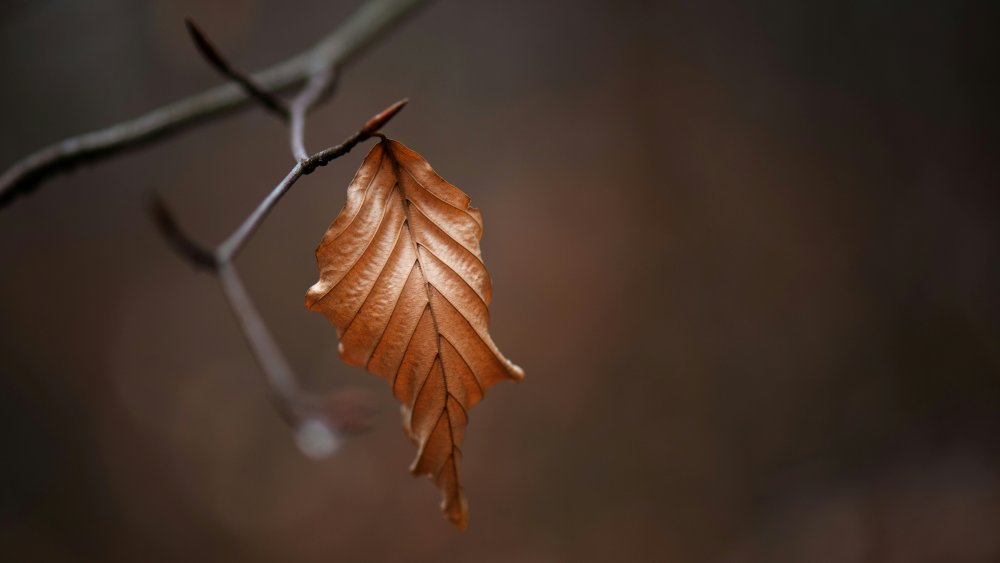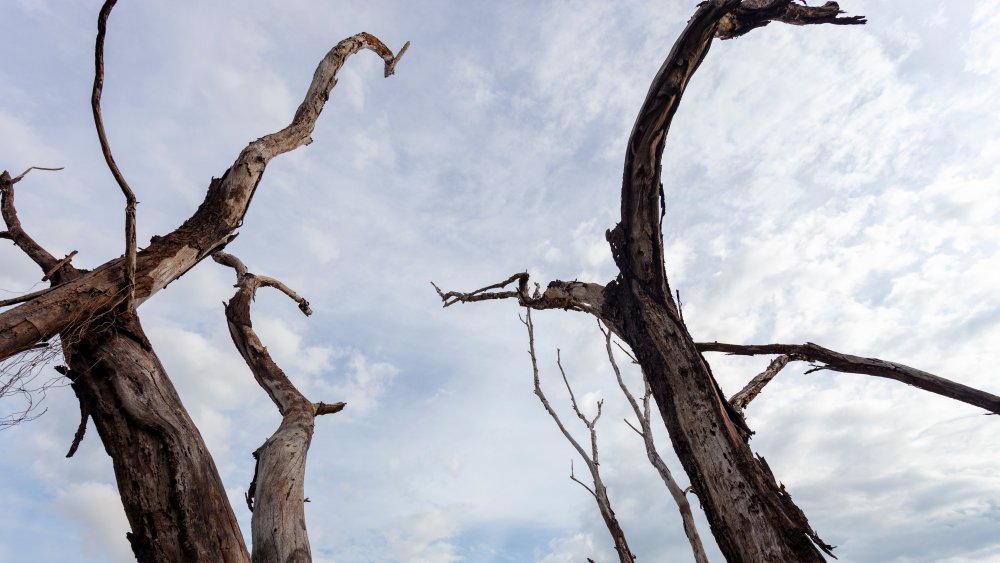What Would Happen To Life On Earth If Plants Suddenly Disappeared?
Thanks to our cushy modern lifestyle and all the pollutants that go along with it, we have plenty of doomsday scenarios to be concerned about. What will happen when all the ice melts? What will happen to our food supply when world population hits 10 billion? Are we all going to have to wear gas masks some day? So really, we don't need another one to worry about because all these doomsday scenarios are making everyone's collective brain hurt. Except for Hollywood. Hollywood loves doomsday scenarios.
Here's one for Hollywood: What would happen to life on Earth if plants suddenly disappeared? Well, no one would ever have to eat Brussels sprouts again, that's for sure. And California would be a lot less likely to go down in a fiery cataclysm since plants are what makes the place a tinderbox. But for the most part, the outlook for planet Earth in the absence of plant life is pretty terrible. Worse yet, Nature tells us we're already halfway there.
According to NewScientist, the immediate danger isn't that we would run out of oxygen. Scientists seem to disagree on just how long total oxygen depletion would take, but it's somewhere between 370 years, 5,000 years, and 52,500 years, which frankly, scientists, is kind of a major disagreement but whatever. Let's just say we won't have to worry about running out of oxygen in our lifetimes or even in our children's lifetimes.
We won't last long without plants
One scientist told NewScientist that yes, the oxygen would last for a while, but it wouldn't matter because we'd be producing carbon dioxide so fast we'd all die of CO2 poisoning after about two and a half months. So that sucks. Assuming that estimate is just terribly, terribly pessimistic, the other major threat to life on earth would be food, or lack thereof. Without plants, herbivores would die out pretty quickly, and predators would be reduced to eating each other. After a few months the only edible thing remaining on land would be mushrooms and other fungi, which would grow on the dead vegetation — assuming that the vegetation actually died and wasn't sucked up into the heavens in a Rapture-like event or something. But eventually the fungi would all die out, too.
So would there be any hope for humans in such a scenario? Well, we'd be among the last to go for sure. And if you don't count phytoplankton as "plants," the oceans might be able to sustain a small population of people, possibly for a long time. With a reduced number of oxygen-breathing animals on planet Earth, it might take a half a million years for the last human to finally die out. But the Earth would be a very lonely place. No Brussels sprouts, though, so you know, we're still weighing the pros and cons.

